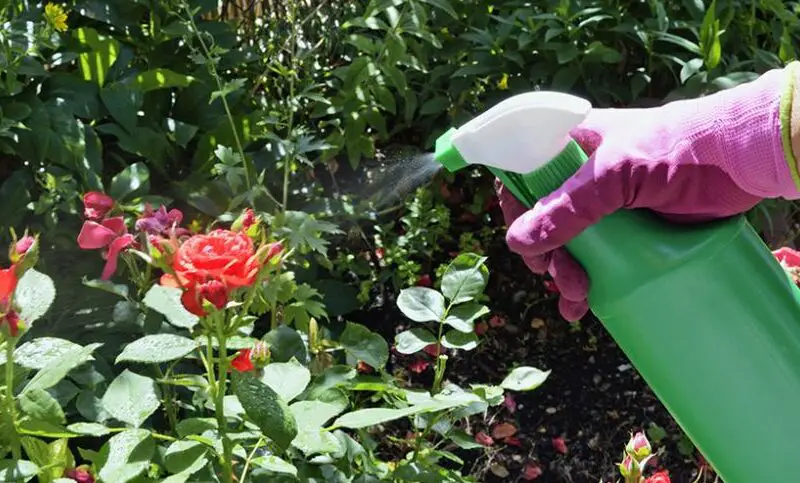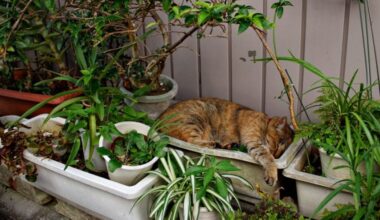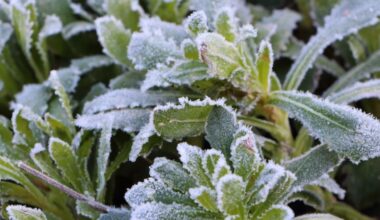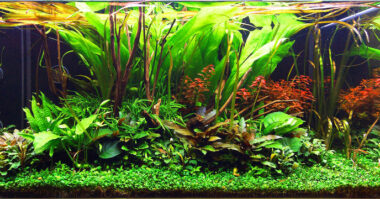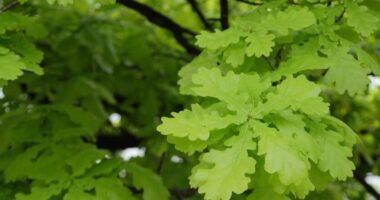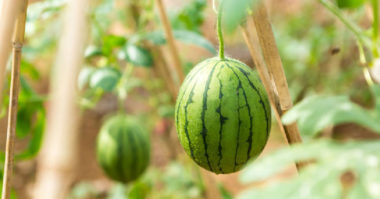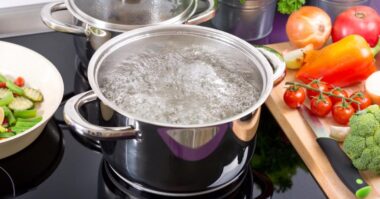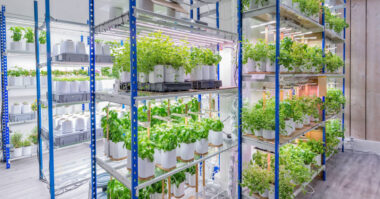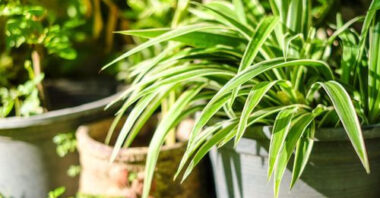Many gardeners regularly use dish soap to treat insects and red spiders on their plants. And in fact, this use goes back a long way.
Who hasn’t heard that Grandma used to throw dishwater on the plants in her garden to control the unwanted?
Contents
Does dish soap kill plants?
Dish soaps were not developed to treat plants and are often phytotoxic (toxic to plants) to varying degrees. Therefore, always test dish soap on a leaf or two before using it on any plant.
Wait 24 hours and if there is no damage, the dish soap in this bottle (and I mean “in this bottle” not “of this brand”) can be used to treat the plant in question.
But not others. The same soap that doesn’t harm the leaves of a tomato plant can very well be toxic for beets. Always test each plant individually.
Also, never assume that your usual brand of dish soap is the same every time. The manufacturer changes the ingredients on a regular basis, especially as input prices change.
In summary, it’s best to use dish soap to treat unwanted insects if you want, but it’s always best to do a little test each time you buy a new bottle and on each plant that needs to be treated.
Does black soap kill plants?
Black soap is a natural product whose cleaning properties have been known since ancient times. Used for home maintenance and body care, its antibacterial and insecticidal properties make it a precious ally for the organic gardener.
Another product that can help control insects… but is phytotoxic for some plants. Always test a leaf or two of the plant before applying it to the whole.
Fighting disease with soap
Wetting agent
In treatments against cryptogamic diseases, liquid black soap can also be used as a wetting agent. A wetting agent is a product that facilitates the dispersion and penetration of a water-based liquid preparation. Thus, the treatment is more effective and less sensitive to leaching.
Examples of uses of black soap as a wetting agent:
- Mixed with Bordeaux mixture: 2% dilution
- 2.5 g of bicarbonate of soda diluted in one liter of water, added to a teaspoon of liquid black soap and you get a solution to fight against mildew; to be used preferably in prevention.
Cleaner
Plants sometimes need to be cleaned; this is the case for fruit trees or rose bushes affected by fumaginia, a black mold that regularly affects “aphid” plants and causes leaf drop. To remove the carbon deposit, clean them with warm water and black soap.
How to dose the soap to make the aphids flee?
For at least two or three centuries, soap-based solutions have been used to combat aphids and other small pests. Today, there are two types of black soaps: the one for the body originates from the Maghreb and is made from crushed olive paste, salt and potassium.
The natural household black soap, which is also used in the garden, is always based on vegetable oil and potash, but it can be olive oil, linseed oil, or even rapeseed oil, … It is therefore totally biodegradable since it contains no additives.
There are a lot of “black soaps” on the market, so select a natural product (sodium olivate, sodium palmate, sodium cocoate, sodium palm kernelate, …, potassium hydroxide), without perfume or colorants.
And beware of products mentioning “With black soap”, which certainly contain it but which are not. In the Gamm Vert stores, you can find many black soaps that can be used in organic farming because they are made only of products of vegetable and organic origin.
Prefer the liquid form which is more convenient to dose and dilute.
- The dosage is made according to the quantity of water adapted to the number of plants to be treated and the severity of the attack. Indeed, the mixture cannot be kept indefinitely. Make it according to your needs, planning to multiply the sprays if the insects are very numerous.
- It will be different if the black soap is used as an aphid insecticide or as a wetting agent.
Be careful with the use of dish soap
Insecticidal soap is not a miracle cure for plant infestations. First, it must be understood that all insecticides are toxic to some degree, even the most organic or green ones. If it acts, it is because it has an influence on plants, on nature and on humans, especially on the liver of humans.
Moreover, just because a product is natural does not mean it is not toxic. Arsenic is a natural product and yet it is deadly to humans!
Insecticidal soaps usually work by suffocating insects that are covered in the sticky stuff and can no longer breathe and die. This product may seem harmless, but it is not. Plants breathe through the stomata, small holes found on the leaves of plants.
Insecticidal soap eventually clogs these stomata and the plant suffers greatly. This is why, in the house or outside in the rain, you should not repeat the treatment more than 2 or 3 times and then shower the plant to get rid of the product. If the plant is in the rain, it will do the cleaning.
